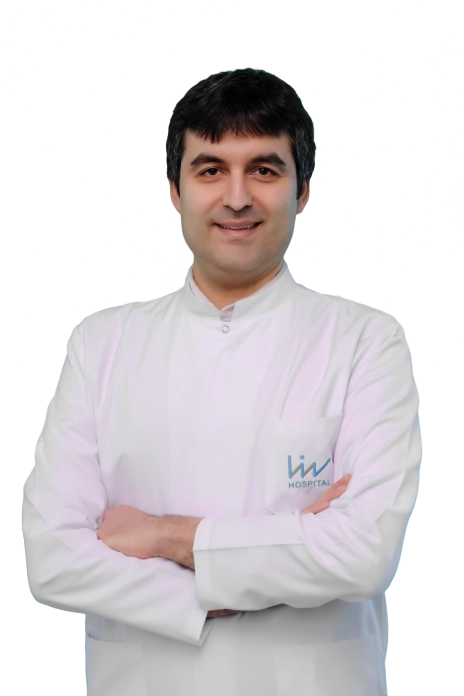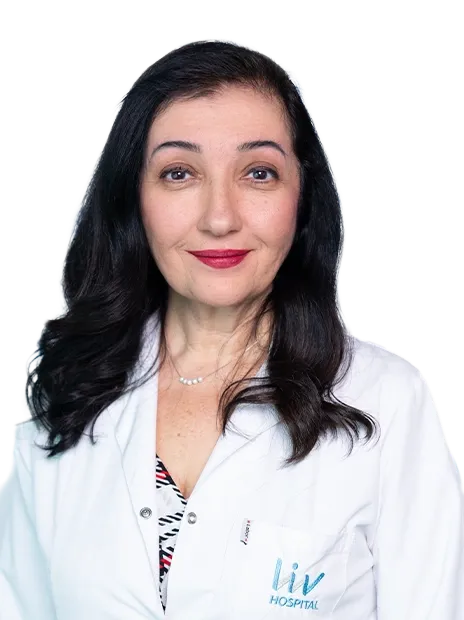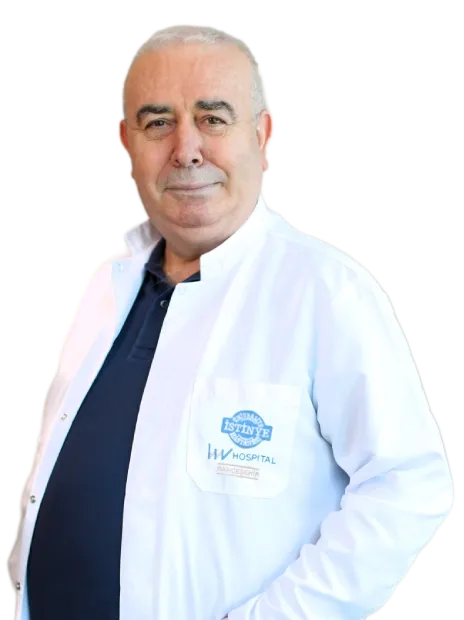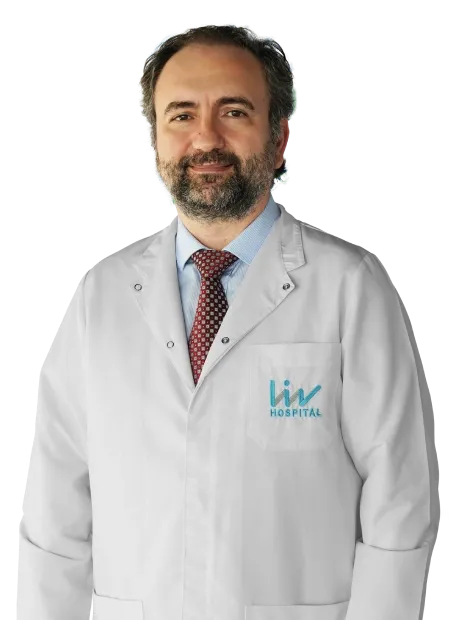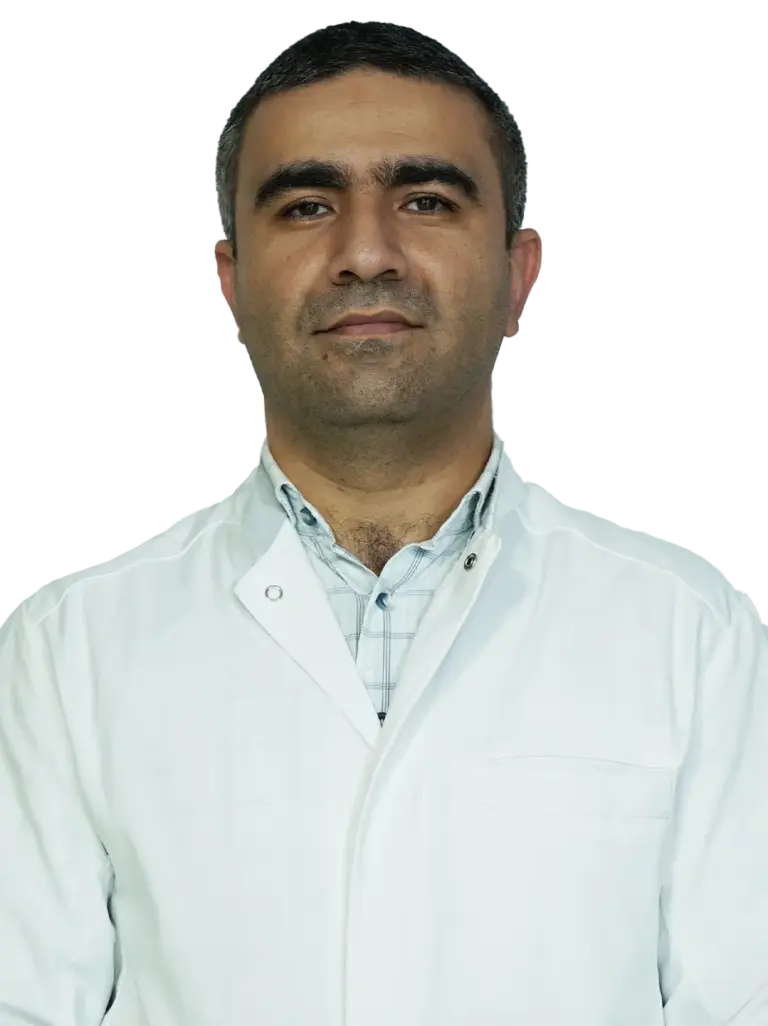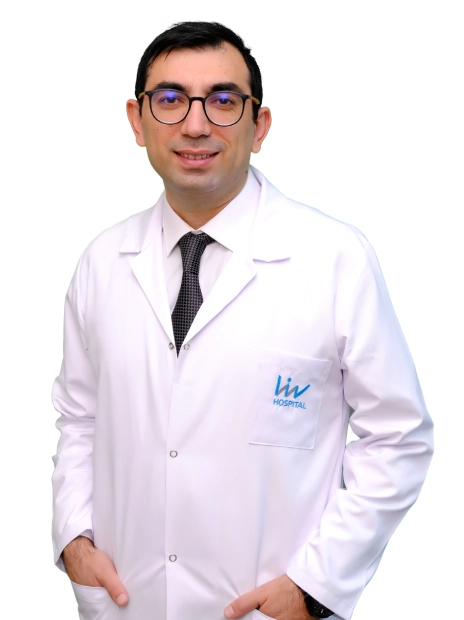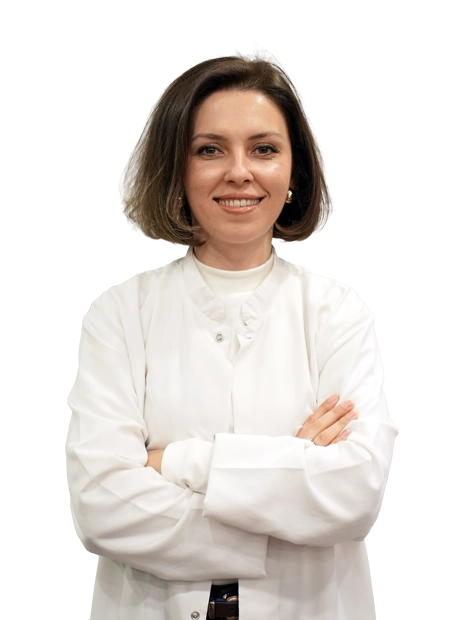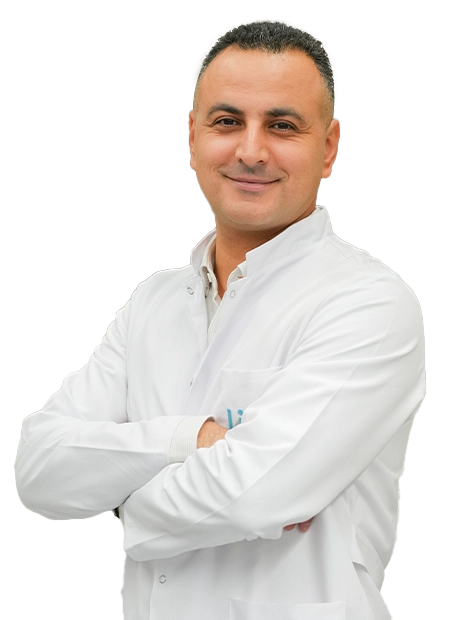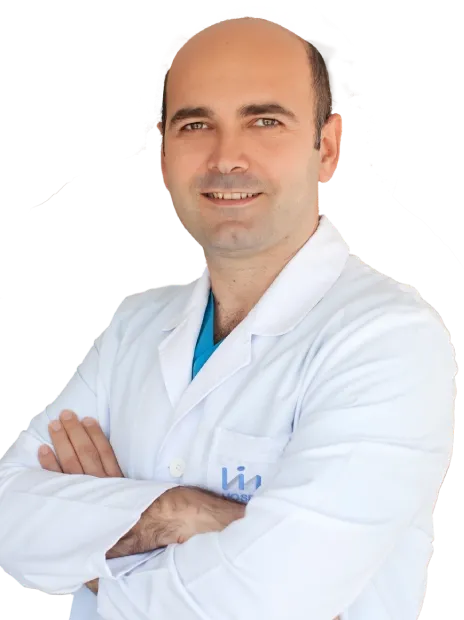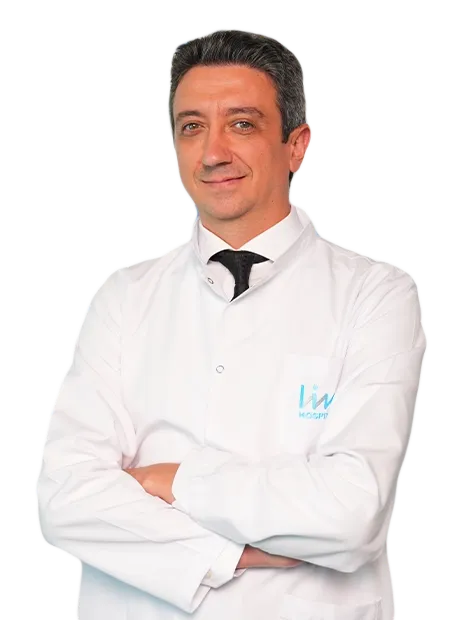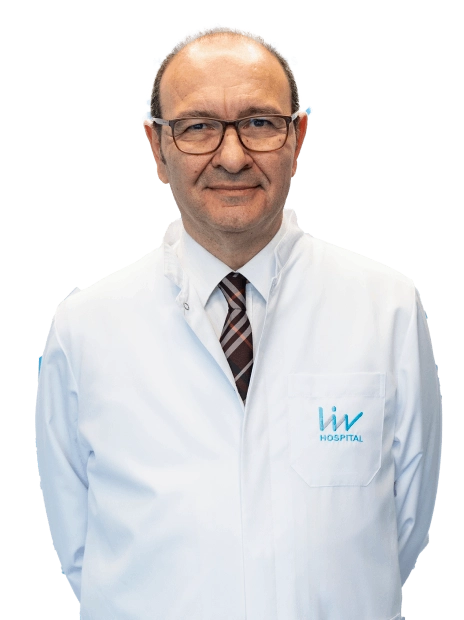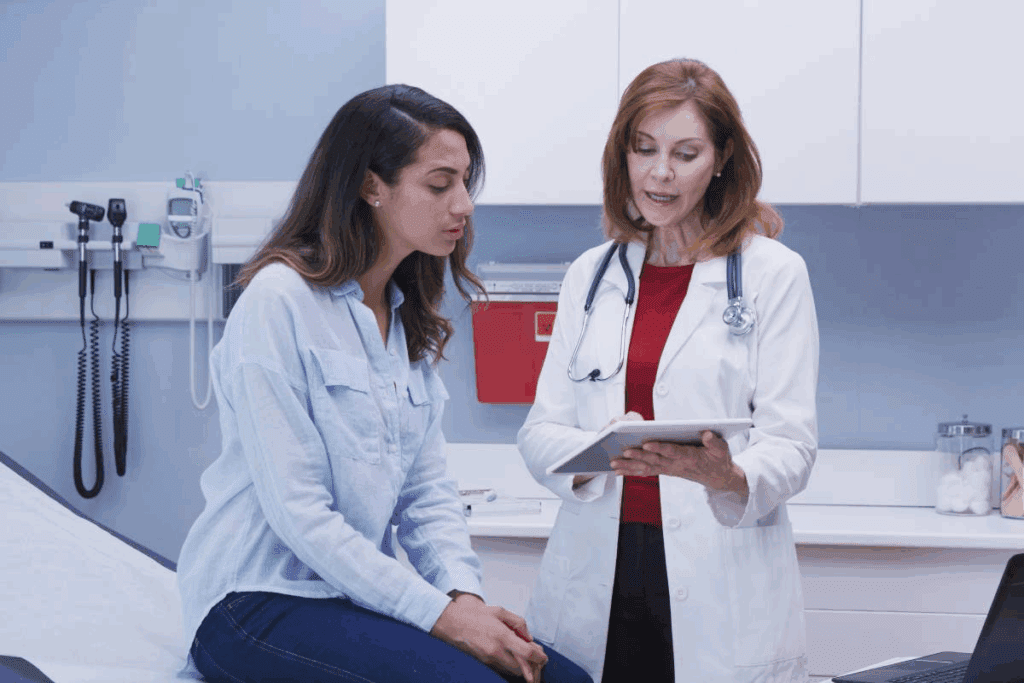
Scheduling a colonoscopy in Los Angeles is easy if you know the first steps. It usually starts with a visit to your primary care doctor. This is because most health systems need a referral before you can have the procedure.
Places like UCLA have top-notch tools and care. Knowing what to expect can make you feel more at ease.
Key Takeaways
- Start by contacting your primary care provider to initiate the referral process.
- Research reputable medical centers in Los Angeles, such as UCLA.
- Understand the preparation required for a colonoscopy.
- Schedule the procedure at a time that suits you best.
- Follow up with your healthcare provider after the procedure.
Understanding Colonoscopy Screening: Why It’s Important
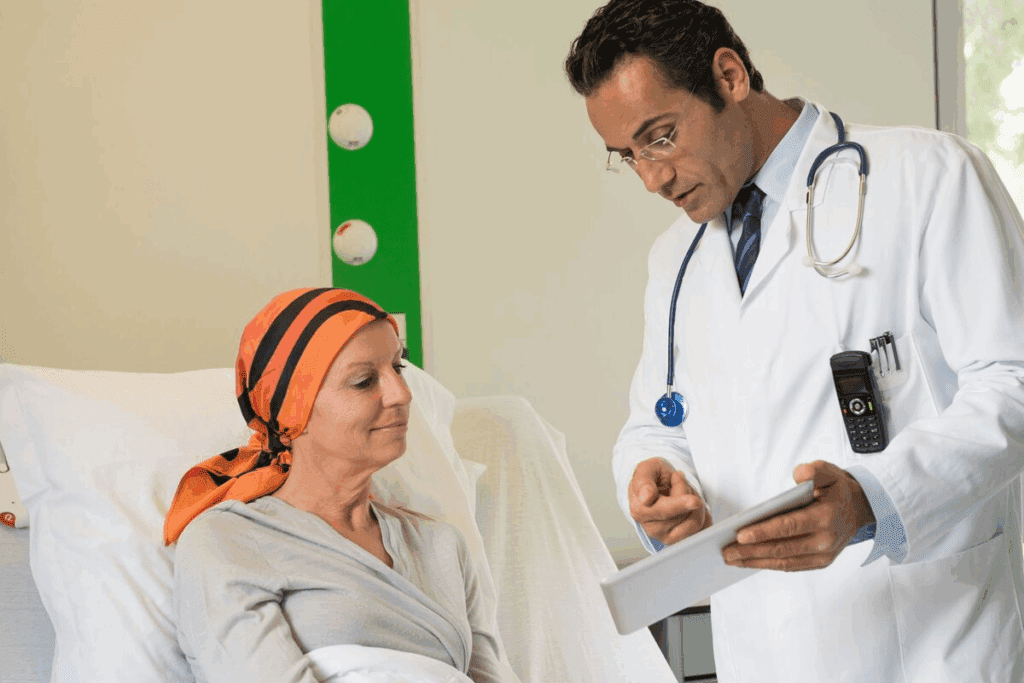
Learning about colonoscopy screening can save lives. It helps find health risks early. This is key in catching colorectal cancer before it’s too late.
What is a Colonoscopy and Why It’s Performed
A colonoscopy lets doctors see inside the colon and rectum. They look for polyps, tumors, and other issues. A flexible tube with a camera and light is used for this.
This test is vital. It helps doctors find and remove polyps before they become cancer. This can save lives.
Doctors do colonoscopies to check for colorectal cancer. They also use it to find out why people have symptoms like bleeding or pain. This helps doctors treat the problem right away.
Recommended Screening Ages and Frequency
The American Cancer Society says adults should start screenings at 45. If you have a family history or other risk factors, you might need to start sooner. How often you need a screening depends on your past results and risk factors.
If your first screening shows no polyps, you’ll need another in 10 years. But if polyps are found, you might need a follow-up in 3 to 5 years. This depends on the polyps’ size and type.
Key Recommendations:
- Start screening at age 45 for those with average risk.
- Individuals with a family history or risk factors may need to start screening earlier.
- Screening frequency depends on previous colonoscopy results and risk factors.
Preparing to Schedule Your Colonoscopy Appointment

To have a smooth colonoscopy experience, preparation is key. You need to follow a few important steps. These will make the process easier for you.
Determining If You Need a Colonoscopy
First, find out if you need a colonoscopy. Medical guidelines suggest it for those with a family history of colorectal cancer or certain symptoms. Your doctor will check your risk factors and tell you if it’s right for you.
Some reasons you might need a colonoscopy include a family history of colorectal cancer, symptoms like rectal bleeding, or persistent abdominal pain. Also, age is a factor. Screening is usually recommended for people over 45, but it depends on your risk.
Insurance Coverage and Cost Considerations
It’s important to know about your insurance coverage for a colonoscopy. Most plans cover this screening, but check your coverage details. You should know about any costs you might have to pay.
To avoid surprise bills, talk to your insurance provider about what’s covered. Also, ask about any pre-approval needs or costs for the procedure, like facility fees or pathology charges.
Gathering Necessary Medical Information
Before scheduling your colonoscopy, gather all your medical information. This includes your medical history, current medications, and any test results.
Make a detailed list of your medications, including how much and how often you take them. Also, list any allergies you have. This info is important for your safety during the procedure.
By taking these steps, you’ll be ready to schedule your colonoscopy. You’ll feel more confident as you go through the process.
Getting a Referral for Your Colonoscopy
In Los Angeles, most health systems need a referral for a colonoscopy. This is important to make sure the test is needed and your doctor knows about your health.
Why Most Los Angeles Providers Require Referrals
Healthcare providers in Los Angeles, like UCLA Health, ask for referrals for colonoscopies. Dr. John Smith, a gastroenterologist at UCLA, says, “A referral helps keep your doctor involved, leading to better health.”
“A referral is not just a formality; it’s a key part of managing your care.” –
Dr. Jane Doe, Gastroenterologist
How to Request a Referral from Your Primary Care Physician
To get a referral, first, schedule a visit with your primary care doctor. Talk about your health concerns and why you need a colonoscopy. Your doctor will check your medical history and decide if a colonoscopy is right for you.
- Get ready for your appointment by writing down your medical history and symptoms.
- Tell your doctor about your family’s history of colorectal cancer or other health issues.
- Ask your doctor to explain the referral process and what you can expect.
What to Do If You Don’t Have a Primary Care Doctor
If you don’t have a primary care doctor, you can contact a gastroenterologist directly. Some doctors in Los Angeles offer first meetings to see if you need a colonoscopy.
Choosing a good gastroenterology center is key. Look into places like UCLA Health or other top centers in LA to find the right one for your needs.
Top Colonoscopy Providers in Los Angeles
In Los Angeles, patients can find many top colonoscopy providers. These include famous hospitals and specialized gastroenterology centers. They use the latest technology and have skilled gastroenterologists. This ensures patients get the best care for their colonoscopy screenings.
UCLA Health Colonoscopy Services
UCLA Health is a top choice for colonoscopy services in Los Angeles. Their gastroenterology team is full of experts. They use the latest equipment to find and treat stomach problems. UCLA Health is known for its complete care, from start to finish.
Key Features of UCLA Health Colonoscopy Services:
- Experienced gastroenterologists with specialized training
- Advanced endoscopy equipment for precise diagnostics
- Personalized care and patient education
- Multiple locations for convenient access
Other Leading Gastroenterology Centers in LA
Los Angeles also has other top gastroenterology centers for colonoscopy services. These include:
- Elite Digestive Health: Known for their patient-centered approach and advanced procedures.
- City of Hope Gastroenterology: Offers complete care for stomach and intestinal issues.
- Cedars-Sinai Gastroenterology: Famous for their new treatments and research.
These centers offer a wide range of services. They help with everything from simple colonoscopies to complex stomach procedures. This ensures patients get the care they need.
Evaluating Provider Credentials and Technology
When picking a colonoscopy provider, look at their credentials and technology. Here are some important things to check:
| Credential/Technology | Description | Importance |
| Board Certification | Gastroenterologists certified by the American Board of Internal Medicine | High |
| Advanced Endoscopy Equipment | High-definition endoscopes and other advanced diagnostic tools | High |
| Patient Reviews and Ratings | Feedback from previous patients regarding their experiences | Medium |
| Sedation Options | Availability of different sedation methods for patient comfort | Medium |
| Follow-Up Care | Comprehensive post-procedure care and support | High |
By looking at these factors, patients can choose the best colonoscopy care. This ensures they get top-notch service from experienced providers.
Step-by-Step Process for Scheduling a Colonoscopy Appointment
Wondering how to schedule a colonoscopy? Start by reaching out to the gastroenterology department. Scheduling a colonoscopy involves a few key steps. These steps help make the process smooth and efficient.
Contacting the Gastroenterology Department
To schedule your colonoscopy, first contact the gastroenterology department. You can do this by phone or through their website. Make sure you have your insurance information ready to check coverage.
When you call, be ready to share your medical history and insurance details. This helps the department check if you’re a good candidate for the procedure. They’ll also tell you about any prep you need.
Information You’ll Need to Provide
When you call the department, you’ll need to give some information. This includes:
- Your full name and date of birth
- Insurance information, including your policy number
- A brief medical history, including any previous colonoscopies or relevant health conditions
- Your preferred date and time for the appointment
Having this information ready can make scheduling easier. It helps ensure your appointment is set up correctly.
Questions to Ask When Scheduling
When scheduling your colonoscopy, ask some important questions. This ensures you’re fully prepared. Some questions to ask include:
- What are the specific preparation instructions for the colonoscopy?
- Are there any dietary restrictions before the procedure?
- What type of sedation will be used, and what are the implications for your recovery?
- How long will the procedure take, and how long will you need to plan for recovery?
Dr. John Smith, a gastroenterologist at UCLA Health, says, “Preparation is key to a successful colonoscopy. By understanding what’s involved, patients can help ensure a smooth and effective procedure.”
“The more prepared you are, the better the outcome will be,”
By following these steps and being prepared, you can ensure a smooth and efficient process for scheduling your colonoscopy appointment.
Flexible Scheduling Options for Your Colonoscopy
Colonoscopies in Los Angeles now have flexible scheduling. This means you can pick a time that works for you. It’s great for those with busy lives or who prefer certain times for their procedure.
Early Morning Appointments
Many healthcare providers in Los Angeles offer early morning colonoscopy appointments. This lets patients finish their procedure before their day starts. It’s perfect for those with work or family duties later.
Weekend Availability
Some clinics know weekdays might not work for everyone. That’s why they offer weekend colonoscopy appointments. This flexibility helps patients avoid taking time off work or arranging for extra childcare.
Sedation-Free Options and Their Benefits
Some providers offer sedation-free colonoscopy options for those worried about sedation. This is good for people who want to stay awake during the procedure or are concerned about sedation’s effects.
Sedation-free options mean quicker recovery times and getting back to normal activities sooner. But, it’s important to talk to your healthcare provider to see what’s best for you.
Preparing for Your Colonoscopy Appointment
Getting ready for your colonoscopy is key. You need to follow certain rules about diet, bowel prep, and how to get home. Doing these things right helps your doctor do the test well and safely.
Dietary Restrictions Before the Procedure
Before your colonoscopy, you’ll eat a special diet. This diet is a clear liquid diet for a day or two. You can have:
- Clear broths
- Plain gelatin
- Water
- Clear juices (like apple or white grape)
- Black coffee or tea (without cream or sugar)
Don’t eat solid foods, dairy products, and colored liquids. They can mess up the test. Your doctor will tell you exactly what to do.
Bowel Preparation Instructions
Cleaning your colon is very important. You’ll take a laxative or bowel prep medication to make you go to the bathroom. Your doctor will tell you when and how to take it. It’s very important to follow these steps well.
Some common steps include:
- Drinking the bowel prep solution at specific times
- Staying hydrated by drinking plenty of clear liquids
- Avoiding certain medications that may interfere with the procedure
Transportation Arrangements
Because you’ll be sleepy during the test, you need a ride home. You can’t drive safely after being sedated. So, have someone drive you home. It’s also good to have someone stay with you for a few hours to make sure you’re okay.
By following these tips, you can make your colonoscopy go smoothly and without stress.
What to Expect on the Day of Your Colonoscopy
The day of your colonoscopy is key to keeping your colon healthy. Knowing what to expect can make the process easier. It’s important to be ready for a smooth and efficient procedure.
Check-in Procedures at Los Angeles Facilities
When you arrive at the colonoscopy facility in Los Angeles, the staff will help you. They’ll need your ID, insurance, and medical records. The check-in includes:
- Checking your personal and insurance details
- Signing consent forms
- Getting instructions for the procedure and recovery
Arrive at least 30 minutes early to avoid feeling rushed during check-in.
The Colonoscopy Procedure: Step by Step
The colonoscopy is a quick procedure, lasting 30 to 60 minutes. Here’s what happens:
- You’ll go to the procedure room and meet the medical team.
- Sedation is given to help you relax.
- A flexible tube with a camera is inserted into your rectum to examine your colon.
- The colon is inflated with air for a clearer view. Any polyps or abnormalities are found and removed.
- The procedure is closely monitored, and you’ll stay comfortable.
Recovery and Discharge Process
After the procedure, you’ll go to a recovery area. Here, you’ll be watched as the sedation fades. The recovery process includes:
| Recovery Process | Duration | Care |
| Monitoring | 30-60 minutes | Medical staff will watch your vital signs and comfort. |
| Discharge Instructions | Varies | You’ll get advice on care after the procedure, including diet and follow-up appointments. |
| Transportation | N/A | Make sure someone drives you home, as you may feel drowsy from the sedation. |
Following the discharge instructions carefully is important for a smooth recovery.
Follow-Up Care After Your Colonoscopy Appointment
After a colonoscopy, knowing your results is key. It helps you plan your next health steps. This care keeps your colon healthy and deals with any issues found.
Understanding Your Results
It usually takes a few days to get your colonoscopy results. Your doctor will call you to talk about what they found. They’ll tell you what to do next.
Normal Results: If everything looks good, you won’t have polyps or issues. Your doctor will tell you when to have another screening.
Polyps or Abnormalities: If polyps or issues were found, your doctor will explain the results. They’ll say if the polyps are harmless or might be cancer.
“The follow-up care after a colonoscopy is just as important as the procedure itself. It ensures that any detected issues are addressed promptly, and patients receive appropriate guidance for future screenings.” – Gastroenterology Expert
When to Schedule Your Next Screening
How often you need another colonoscopy depends on several things. This includes your past results, family history, and health. Usually, if everything looks good and you don’t have a family history of colon cancer, you might not need another for 10 years.
| Colonoscopy Result | Recommended Next Screening |
| Normal | 10 years |
| Benign Polyps | 5-7 years |
| Potentially Cancerous Findings | As advised by your doctor, typically sooner |
It’s important to follow your doctor’s advice on when to have your next screening. This helps catch any problems early and keeps your colon healthy.
Understanding your colonoscopy results and following up is a smart health move. Always talk to your doctor if you have questions or worries about your results or future screenings.
Conclusion: Taking Control of Your Colorectal Health in Los Angeles
Scheduling a colonoscopy is key to keeping your colorectal health in check. This guide helps patients in Los Angeles find top colonoscopy services.
Los Angeles has many advanced colonoscopy services. This makes it easier for people to focus on their health. Knowing how important colorectal screening is and having access to great providers helps catch problems early.
By scheduling a colonoscopy, you can get timely screenings. This keeps your colorectal health in top shape. Los Angeles residents can count on UCLA Health for excellent care.
Looking after your colorectal health is essential for your overall well-being. Book your Los Angeles colonoscopy today. It’s the first step to a healthier future.
FAQ
What is a colonoscopy and why is it performed?
A colonoscopy lets doctors see inside the colon and rectum. They look for polyps, cancer, and other issues. It helps find and prevent colorectal cancer and diagnose other gut problems.
How do I schedule a colonoscopy appointment in Los Angeles?
To book a colonoscopy in Los Angeles, call a gastro department or UCLA Health. You might need a doctor’s referral first. Check with your insurance and the facility to confirm.
Do I need a referral for a colonoscopy?
Most places in Los Angeles need a doctor’s referral for a colonoscopy. But, insurance rules can vary. Always check with your insurance to see if you need a referral.
What are the recommended screening ages and frequency for colonoscopies?
Doctors usually recommend colonoscopies starting at 45 years old. The frequency depends on your risk and past results. People with average risk should get screened every 10 years. Those with higher risks might need more frequent tests.
How do I prepare for a colonoscopy appointment?
To get ready for a colonoscopy, follow a special diet and bowel prep. Your doctor will give you all the details. Make sure you have a ride home too.
What can I expect on the day of my colonoscopy?
On colonoscopy day, check in at the facility and go through the procedure. It usually takes 30-60 minutes. After, you’ll rest for a bit before going home.
How do I understand my colonoscopy results?
Your doctor will talk about your colonoscopy results with you. They’ll explain any findings and what to do next. They’ll tell you when to have your next screening.
Can I schedule a colonoscopy at UCLA Health?
Yes, UCLA Health offers colonoscopies. Call their gastro department to book an appointment. They have skilled doctors and modern facilities for a safe procedure.
Are there flexible scheduling options available for colonoscopies in Los Angeles?
Yes, places like UCLA Health offer flexible times. You can get early morning or weekend appointments. They also have options without sedation.
How do I evaluate the credentials and technology of colonoscopy providers in Los Angeles?
When choosing a colonoscopy provider, look at their experience and technology. Choose ones with advanced equipment and a good success rate.
References
Andrews, S., et al. (2013). Gallstone size e related to the incidence of post-cholecystectomy retained bile duct stones. Surgery Journal, 5(3), 143-147. Retrieved from https://www.sciencedirect.com/science/article/pii/S1743919113000484




